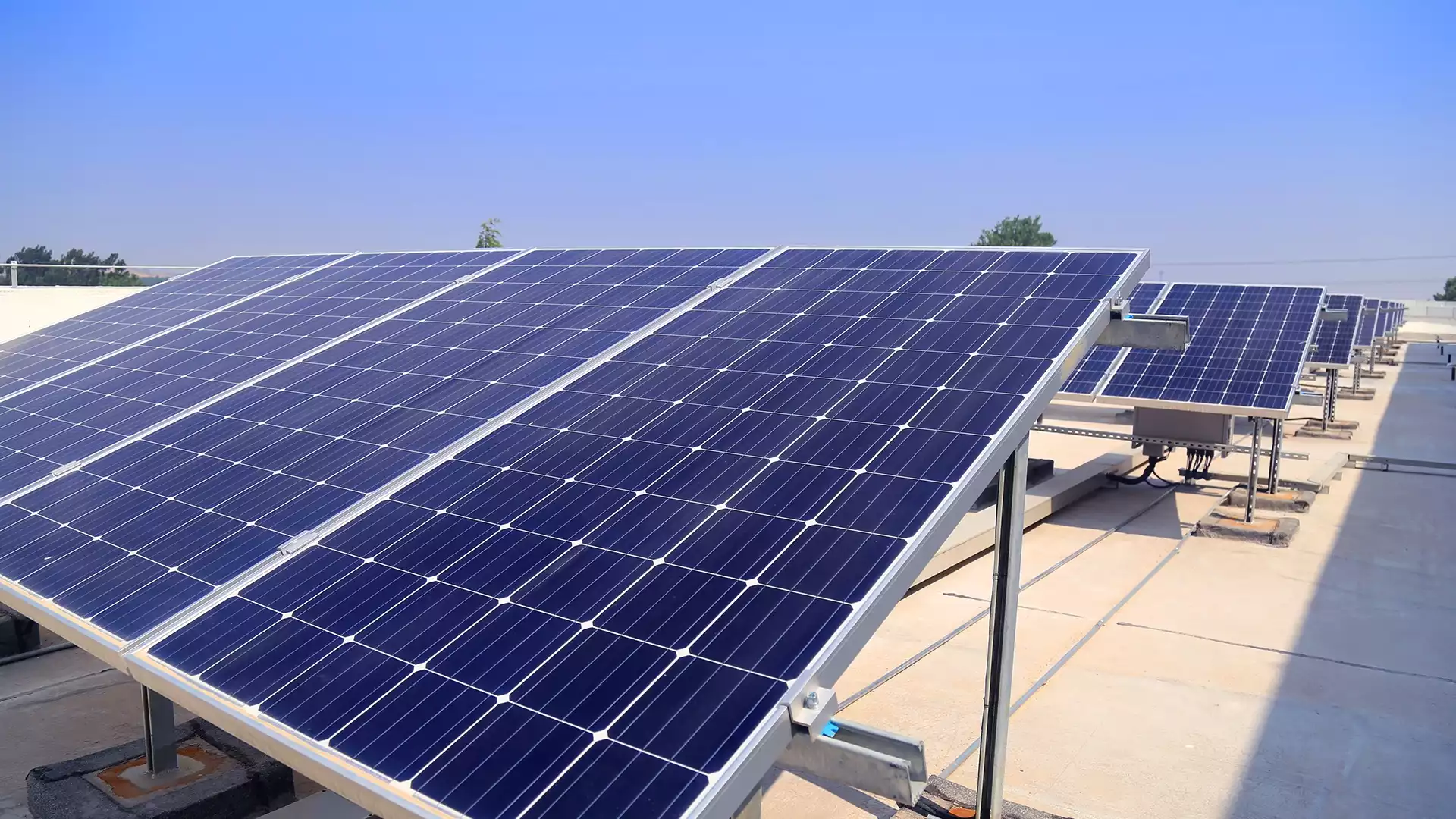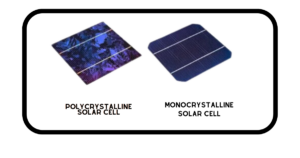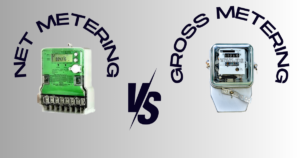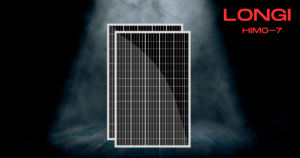When it comes to harnessing the power of the sun, solar panels are at the forefront of renewable energy solutions. However, not all solar panels are created equal. Two primary types dominate the market: P-Type and N-Type solar panels. In this blog, we’ll delve into the key differences between these two varieties and help you determine which one best suits your energy needs.
P-Type Solar Panels
P-Type, or positive-type, solar panels are the more prevalent and established of the two. These panels are made from silicon wafers doped with “Boron” that introduce positively charged “holes” into the silicon crystal structure. This process results in a surplus of positive charge carriers, making P-Type panels inherently more conductive.
N-Type Solar Panels
N-Type, or negative-type, solar panels are a newer entrant to the solar market. These panels, conversely, introduce negatively charged carriers by doping silicon wafers. The surplus of electrons in N-Type panels offers several advantages, including enhanced efficiency and improved performance in low-light conditions.
Choosing the Right Type
The choice between P-Type and N-Type solar panels depends on your specific needs and preferences.
- Efficiency: N-Type panels are generally more efficient and have a lower temperature coefficient, meaning they perform better in high-temperature conditions.
- Cost: P-Type panels are more cost-effective and widely available. If budget constraints are a concern, P-Type panels may be the way to go.
- Durability: N-Type panels tend to be more durable and less susceptible to degradation over time.
- Innovative Features: N-Type panels often come with advanced features such as bifacial technology and better low-light performance.
In summary, while both P-Type and N-Type solar panels have their advantages, your choice depends on your priorities and budget. If you seek high efficiency and are willing to invest more upfront, N-Type panels are an excellent choice. On the other hand, if you’re cost-conscious and looking for a reliable, cost-effective option, P-Type panels are a solid selection. Ultimately, consulting with a solar expert and considering your local climate and energy goals will help you make an informed decision that aligns with your unique needs.




